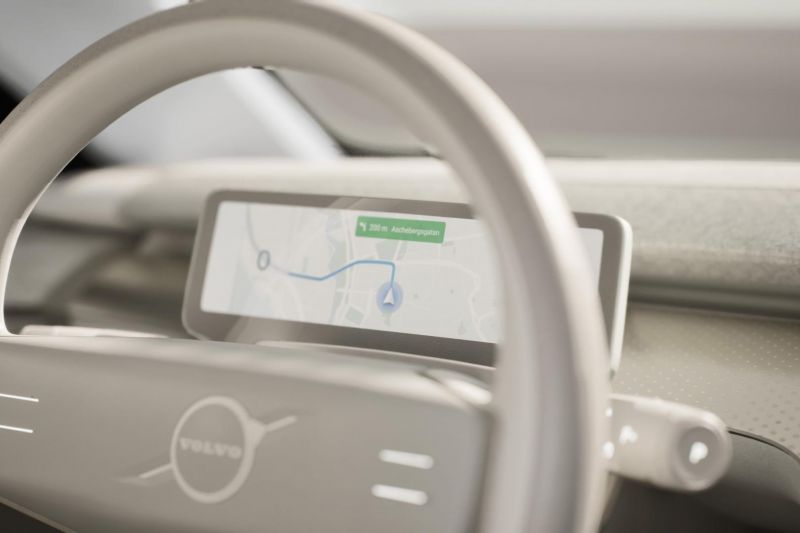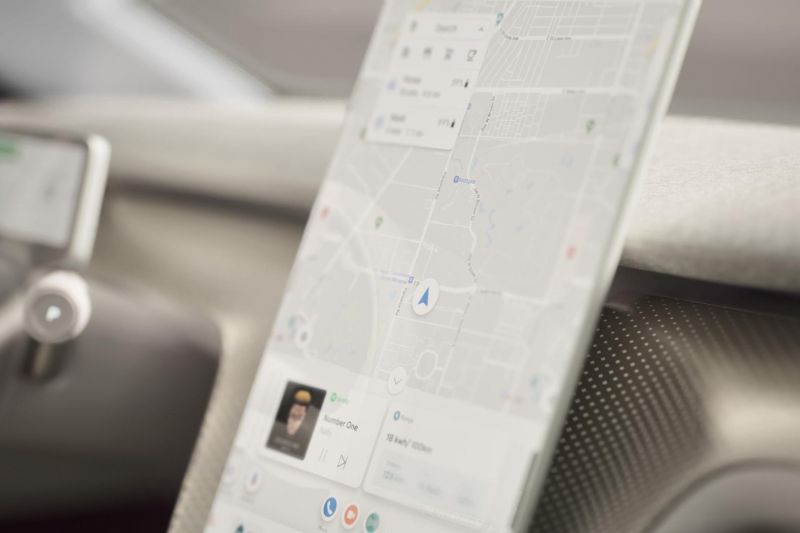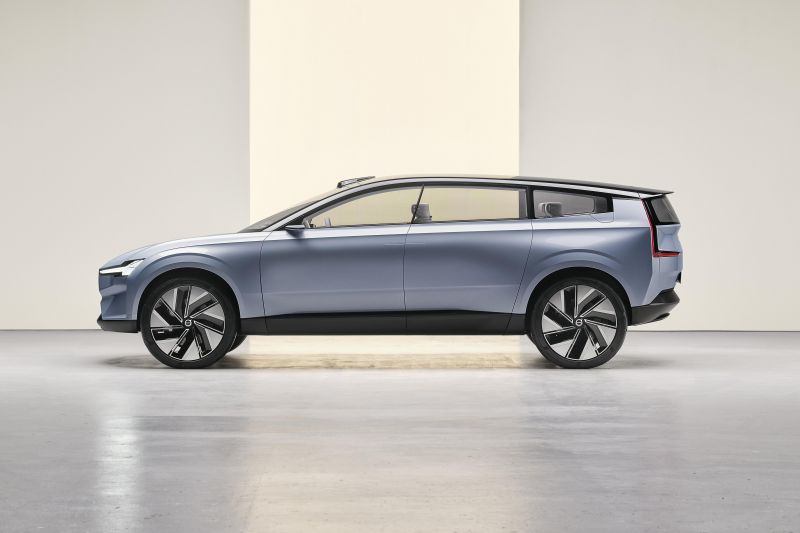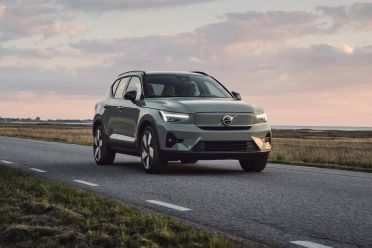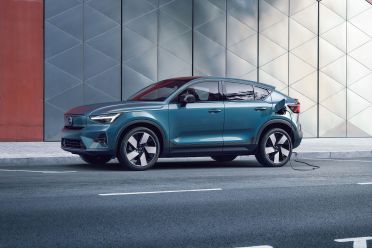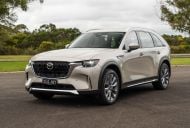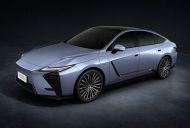Volvo Cars has announced it’s teaming up with US software company Epic Games to bring photorealistic visualisation technology to its next generation of electric vehicles (EVs).
By using Epic Games’ Unreal Engine, the Chinese-owned Swedish automaker’s future EVs will have infotainment displays that have “sharper rendering, richer colours and brand new 3D animations.”
Epic Games is the developer behind the massively popular online battle royale game, Fortnite.
The Unreal Engine will also be coupled with the computing power of third-generation Snapdragon Cockpit Platforms to “set a new standard in graphics and infotainment system performance”.
Volvo claims to be the first European automaker to use the Unreal Engine for the development of the Human Machine Interface (HMI), which is just another term for instrument cluster and infotainment screen layouts.
One other automaker that has employed the company to work on its display content is GMC with its Hummer EV.
The companies will initially focus on creating display content for the digital instrument cluster before branching out into the central infotainment display.
By coupling the Unreal Engine with the computing power of third-generation Snapdragon Cockpit Platform, Volvo claims its next-generation infotainment system will be more than twice as fast as its predecessor, with graphics generation and processing up to 10 times faster.
Volvo aims to introduce these new infotainment graphics in its “new, all-electric flagship model” that it plans to reveal later in 2022. It’s expected this will be the upcoming Volvo XC90 SUV successor.
In the future, the Swedish automaker aims to potentially use Unreal Engine in other areas within its EVs.
By the middle of the decade Volvo hopes to develop half of all the software inside its cars in-house.
“To offer our customers the best possible user experience and contribute to a safe and personal drive, we need rich, immersive and responsive visualisation inside our cars,” said Volvo Cars chief product officer Henrik Green.
“Running Unreal Engine in our cars enables this and makes it even more enjoyable to spend time inside a Volvo.”
As previously detailed, Volvo is planning to go all-electric by 2030 and will only sell its EVs online. The local arm is also heading down this route.
Volvo’s first all-electric model, the XC40 Recharge, went on sale locally late 2021, with the related C40 Recharge coupe SUV arriving in the third quarter of 2022.
Previous reports have also indicated Volvo is gearing up to reveal an electric sedan, two EV crossovers, and two “wagon-like EVs”.





